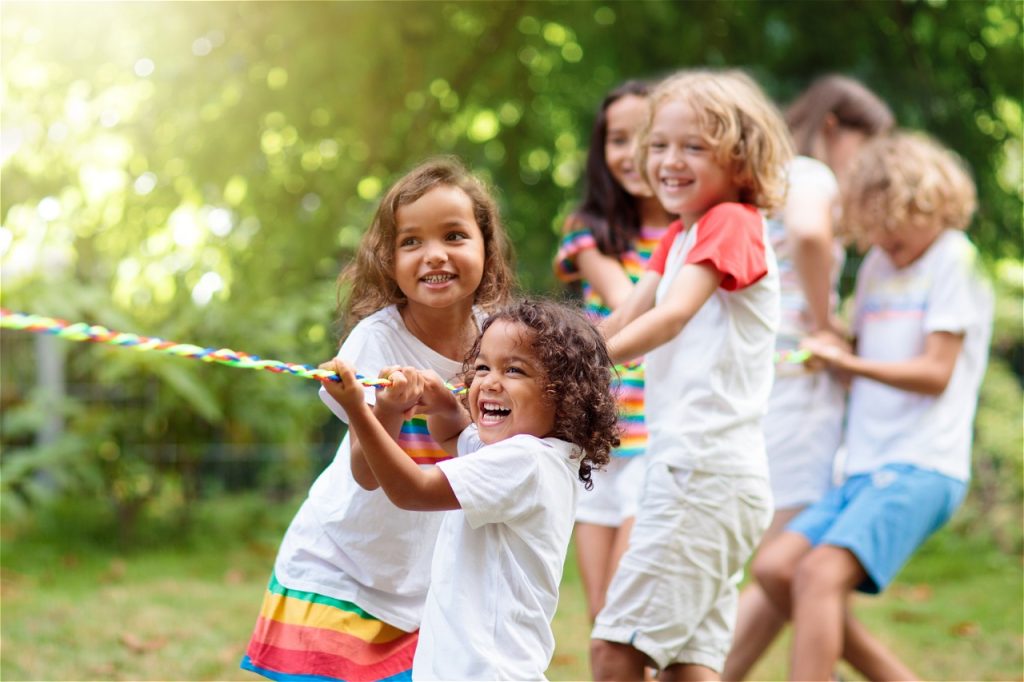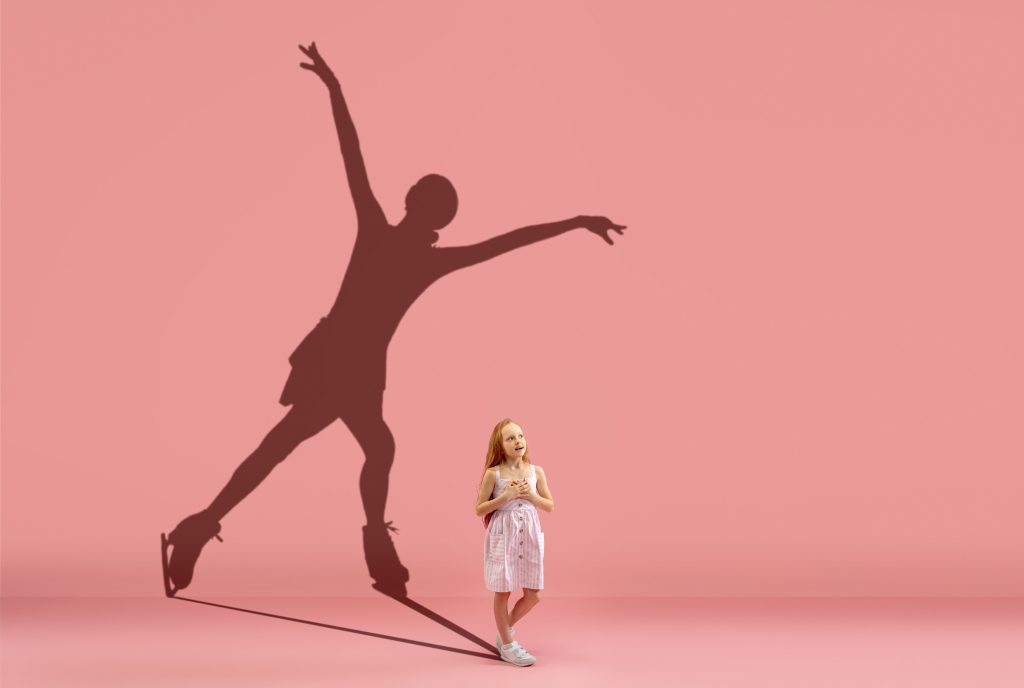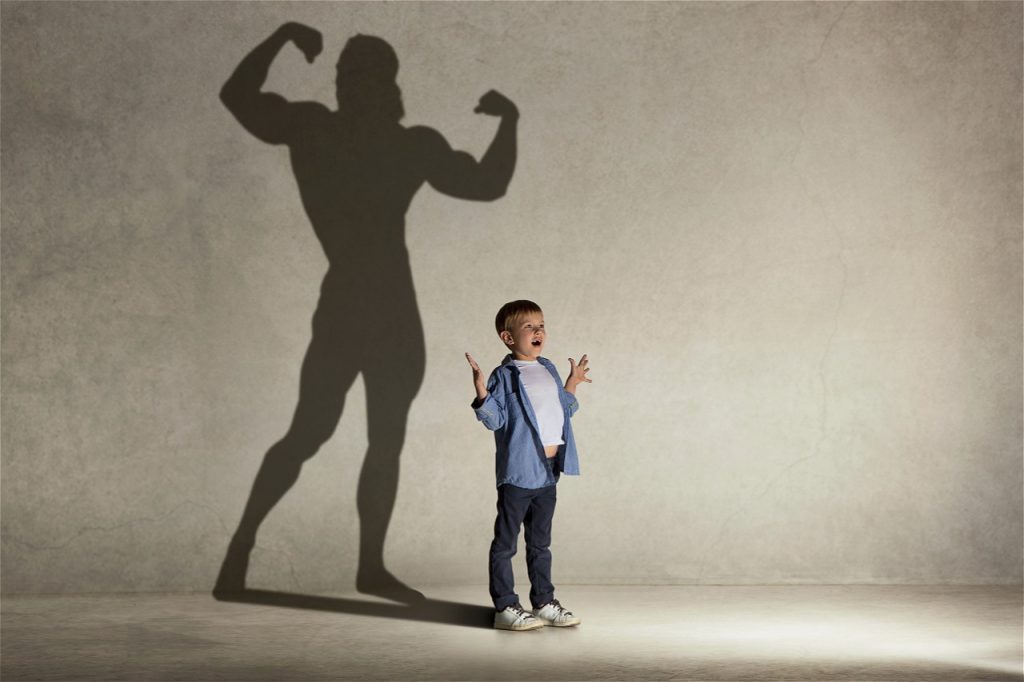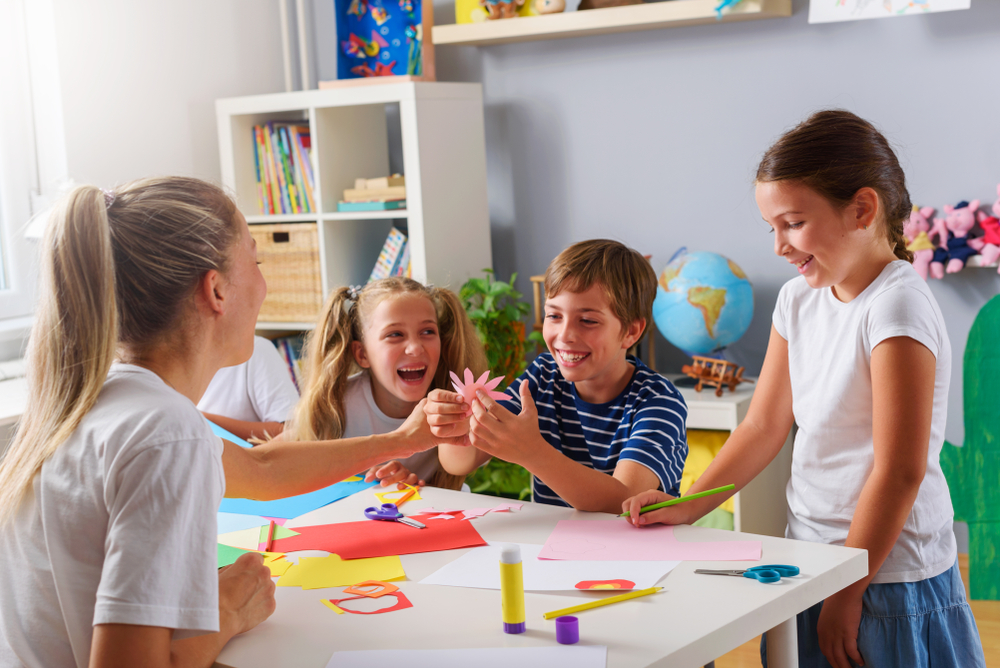social skills activities in sports do far more than build physical strength—they shape essential social skills for life. From communication skills to conflict resolution, sports provide a fun way for children to learn teamwork, leadership, and empathy in a safe, engaging environment.
By starting at an early age, kids can develop a strong foundation in social competence, learn to read facial expressions, and practice nonverbal communication skills that support effective communication in social situations both on and off the field.
Contents
- 1 Why Are Sports Such a Great Way to Build Social Skills?
- 2 Incorporating Social Skills Activities Into Sports
- 3 How Sports Help Children With Social Challenges
- 4 Sports-Based Social Skills Activities for Older Kids
- 5 Q&A: How Do Sports Support Emotional and Social Growth?
- 6 Conclusion: Building Lifelong Skills Through Sports
Why Are Sports Such a Great Way to Build Social Skills?
Social Skills activities create scenarios that require critical thinking, impulse control, and understanding of social cues. Whether children are passing the ball, making eye contact with a teammate, or collaborating in cooperative play, they’re practicing positive social behaviors in a real-world setting.
These activities also help children navigate different perspectives, manage difficult conversations, and show good behavior—skills that are just as valuable in school as they are in the playground or online spaces.
Incorporating Social Skills Activities Into Sports
1. Team Challenges and Cooperative Play
From relay races in an open space to board games after practice, group activities help children learn emotional skills like patience and empathy.
2. Role-Play and Emotion Recognition
Using emotion charades during training sessions encourages children to identify and respond to different emotions, improving personal experiences and understanding in social interactions.
3. Acts of Kindness in Sports
Simple gestures like helping an opponent up or making friendship bracelets for the team promote positive relationships and reinforce good behavior.
How Sports Help Children With Social Challenges
Sports offer far more than physical exercise—they can be a transformative environment for children who face social challenges. At SELF4KIDS, we’ve seen how thoughtfully designed social skills activities within sports can help children overcome barriers in communication, confidence, and relationship-building.
For some children, making eye contact, interpreting facial expressions, or reading social cues feels overwhelming. This may be especially true for those on the autism spectrum disorder, those with anxiety, or those who simply have limited opportunities for group interaction. Sports, when led with empathy and structure, become a safe space for practicing essential social skills in real time.
Building Communication Skills Through Play
One of the most effective ways to enhance communication skills in children with social challenges is through team-based joint activities. Games require children to give and receive instructions, listen actively, and respond to verbal and nonverbal communication skills such as body language.
Structured drills, like passing games or board games after practice, offer a fun way to reinforce effective communication without the pressure of formal conversation. Over time, these repeated interactions help improve social competence and ease anxiety in social situations.
Teaching Conflict Resolution and Good Behavior
Disagreements are inevitable in sports, and they present a valuable opportunity for teaching conflict resolution. Coaches model calm, solution-focused dialogue, encouraging children to consider different perspectives and work toward shared goals. This approach helps children internalize positive social behaviors like sharing credit, apologizing when wrong, and maintaining good behavior even under pressure.
Encouraging Impulse Control and Emotional Skills
In fast-paced games, children must learn impulse control—waiting for a turn, holding back from interrupting, and making thoughtful decisions. Incorporating emotion charades or role-play scenarios during practice sessions allows kids to explore different emotions in a safe, supportive space. This helps them develop stronger emotional skills, a critical component of building positive relationships and managing difficult conversations.
Inclusive Activities for All Abilities
For children who may find competitive sports overwhelming, alternative social skills activities can make a big difference. Activities like community gardening, friendship bracelets, or small-group cooperative play in an open space reduce sensory overload while still offering opportunities for teamwork and social interactions.
These inclusive approaches ensure that every child—regardless of ability—can participate, contribute, and feel the sense of belonging that sports can provide.
Supporting Mental Health Through Positive Relationships
Engaging in sports and social shttps://deecyda.com/kills activities benefits more than social competence—it also supports mental health. When children experience encouragement, teamwork, and shared achievements, they feel more confident and connected. This sense of belonging can reduce stress, boost mood, and encourage ongoing participation in positive social behaviors both in sports and everyday life.
Sports-Based Social Skills Activities for Older Kids
As children grow, social skills activities can evolve into more complex challenges. Older kids benefit from leadership roles, managing difficult conversations, and navigating social challenges in competitive environments. These experiences strengthen critical thinking, build resilience, and prepare them for different perspectives in life.
Q&A: How Do Sports Support Emotional and Social Growth?
Q: Can sports really improve a child’s ability to handle conflict?
A: Absolutely. In sports, conflict resolution happens naturally—whether it’s deciding on a game rule or resolving a misunderstanding between teammates. These moments help children practice effective communication, learn to see different perspectives, and handle social situations with respect.
Q: How can sports help children develop better communication skills?
A: Sports encourage eye contact, clear instructions, and understanding social cues during fast-paced games. Coaches and peers model nonverbal communication skills like body language and facial expressions, which help children improve social competence in both open space activities and online spaces.
Q: Are sports suitable for kids with autism spectrum disorder?
A: Yes. With the right structure and guidance, children on the autism spectrum disorder can thrive in sports. Modified social skills activities such as emotion charades, board games, or small-group cooperative play provide opportunities for safe, supportive social interactions and positive relationships.
Q: What role do joint activities play in social skill development?
A: Joint activities—such as community gardening, team relays, or creating friendship bracelets—promote acts of kindness, trust, and positive social behaviors. These experiences foster good behavior while giving children a fun way to connect.
Q: How do you help older kids maintain good social behavior in competitive sports?
A: For older kids, structured leadership opportunities help them develop critical thinking, impulse control, and strategies for handling difficult conversations. By teaching emotional skills alongside athletic drills, we ensure they carry these lessons into other social challenges.
Q: Can sports improve mental health for children?
A: Yes. Regular physical activity combined with positive social interactions can reduce stress, improve mood, and strengthen overall mental health. When kids feel supported by teammates and coaches, they’re more likely to develop positive relationships and strong essential social skills.
Conclusion: Building Lifelong Skills Through Sports
The combination of social skills activities and sports is a powerful way to help children grow into empathetic, confident individuals. From cooperative play in the preschool years to leadership opportunities for older kids, sports create a natural environment for practicing essential social skills.
At SELF4KIDS, we design every session to support positive social behaviors, encourage good behavior, and create personal experiences that leave a lasting impact. By blending physical play with intentional social interactions, we help children achieve more than athletic success—they learn to thrive in every aspect of life.




